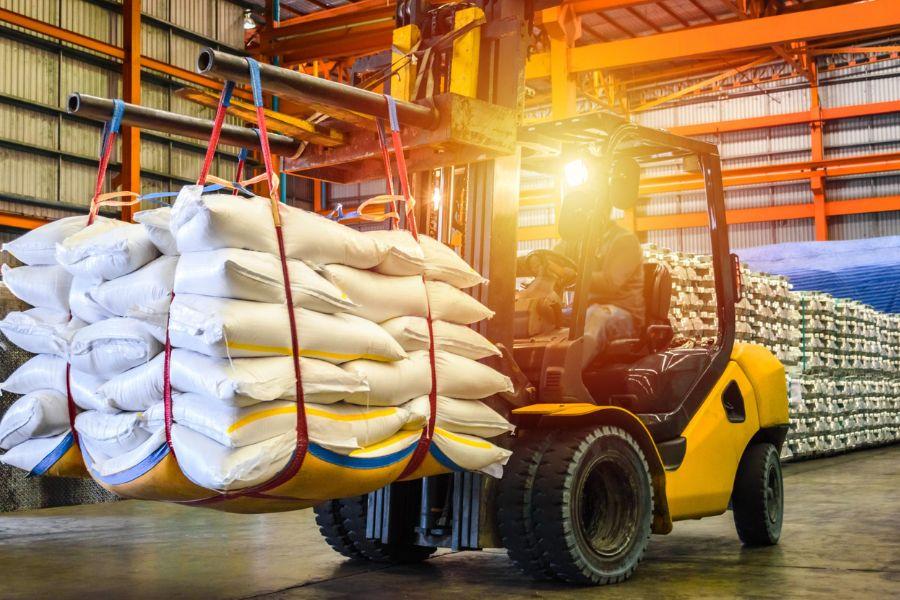Information Request
Need more information about one of our vehicles? Simply fill in the form below and we'll be in touch.
Rather Make a Phone Call?
(205) 759-4891We will be happy to meet your needs.
Importance of Forklifts in Food Distribution Industry

In this fast-evolving world, where we are witnessing a hike in e-commerce and the food industry, this has made a significant impact on the demand for forklifts, especially in Tuscaloosa, AL. The versatility of forklifts in the food distribution industry is a key factor that sets them apart. Beyond versatility, forklifts contribute to operational efficiency by significantly reducing labor intensity and associated costs in manual material handling.
Additionally, forklifts play a crucial role in ensuring food safety by handling products with care and precision, minimizing the risk of damage or contamination during transportation and storage. So, without further waiting, let’s delve into this blog and discover the importance of forklifts for food distribution.
Importance of Forklifts For Food Distribution
In the dynamic and time-sensitive food distribution world, the role of forklifts cannot be overstated. There are numerous factors that make forklifts vital in the food distribution industry. However, some of the prominent factors are as mentioned below.
Versatility
This is one of the most compelling factors that makes forklifts important in the food distribution industry. Forklift machines can handle a diverse range of products in the food industry. So, whether it's bulk or delicate items, a forklift can provide your business with a versatile solution.
Reduced Labor Intensity & Cost
The use of forklifts for food distribution significantly reduces the labor intensity which is associated with manual material handling. This not only enhances workplace safety but also allows you to allocate your workers to a more skilled and strategic task. Most importantly, it reduces the cost of labor associated with manual material handling, which leads to operational expense relief for your company.
Save Time
Forklifts contribute to time efficiency in food distribution operations. The swift movement of goods, organized storage, and reduced reliance on manual labor result in a more streamlined supply chain and help you save a lot of time in operational work.
Ensures Food Safety
Forklifts for food distribution play an important role in maintaining food safety standards. With its ability to handle products carefully and precisely, forklifts minimize the risk of damage or contamination during transportation and storage.
Final Thoughts
As technology continues to advance, forklifts are evolving to meet the evolving demands of the food distribution landscape, ensuring they remain a cornerstone of this vital industry. If you’re looking for food distribution forklift truck for sale, you should consider none other than the leading and trusted company in Tuscaloosa, AL, TruckForklifts.
Frequently Asked Questions
Q1: What is the importance of a forklift?
A1: Forklifts are crucial for efficient material handling in various industries, facilitating the movement and transportation of heavy goods and palletized loads with precision and ease. Furthermore, these machines play an important role in streamlining operations, enhancing productivity, and ensuring the timely and efficient movement of goods throughout the supply chain.
Q2: What is the benefit of forklifts in a warehouse?
A2: In a warehouse, a forklift for food distribution enhances operational efficiency by enabling quick and safe movement of goods. They contribute to organized storage, streamlined picking processes, and overall productivity improvements.
Q3: What are forklifts used for in a warehouse?
A3: Forklifts in warehouses are used for tasks such as loading and unloading, transporting goods within the facility, and facilitating order fulfillment. Their versatility makes them essential for various material handling activities.
Q4: Why is material handling equipment important in the food industry?
A4: Material handling equipment, including forklifts, is vital in the food industry for efficient movement and storage of perishable goods.

